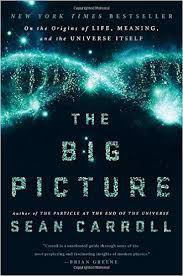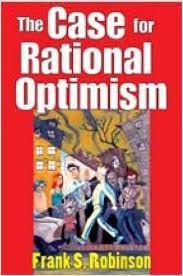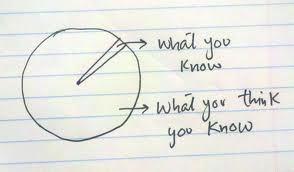 Physicist Sean Carroll has written The Big Picture: On the Origins of Life, Meaning, and the Universe Itself. It sets out a philosophy or worldview which he labels “poetic naturalism.” Naturalism simply means no supernaturalism. “Poetic” says this is not prosaic. Instead this view of existence can fill us with awe and wonder. Human life arose by natural processes, but it’s nonetheless very special; almost miraculous.
Physicist Sean Carroll has written The Big Picture: On the Origins of Life, Meaning, and the Universe Itself. It sets out a philosophy or worldview which he labels “poetic naturalism.” Naturalism simply means no supernaturalism. “Poetic” says this is not prosaic. Instead this view of existence can fill us with awe and wonder. Human life arose by natural processes, but it’s nonetheless very special; almost miraculous.
The book’s 433 pages cover a lot of ground. But I will focus on just the penultimate chapter, a kind of summing up.
Carroll notes the popularity of the Ten Commandments – because people “like making lists of ten things, and telling other people how to behave.” Of course, the Ten Commandments were handed down by a deity who never existed, as part of an historical narrative that never happened.

In lieu of commandments, Carroll offers what he calls Ten Considerations: things we (well, some of us) think are true, and that help us shape our approach to life and the universe we inhabit. These ten points amount to a philosophy of life. I was struck by how closely they match the ideas I myself have arrived at over a lifetime of contemplation. Much of this entails recognizing philosophical mistakes that bollix up a lot of folks’ thinking; it contradicts what many people think.
Here are the ten, with my own gloss:

2. Desire is built into life. Some philosophies see desires as evil, impediments to happiness, that we should strive to banish. That’s wrong, because desires are what give life meaning and purpose, making us care about our lives. If you truly desired nothing, why care about living?
3. What matters is what matters to people. My version: what matters are the feelings of beings that experience feelings. Nothing else can matter. The existence of the universe itself could not matter, absent beings to whom it matters.

5. It pays to listen. Because all human minds are fallible, one should be open to new information and insights. This has great relevance to today’s U.S. political environment, with confirmation bias running amok, and the nation divided between two camps living in alternate universes.
6. There is no natural way to be. Carroll says that our being part of nature makes it tempting to valorize “being natural.” This has indeed long been a major cultural and philosophical trope. But nature doesn’t in fact guide us in how to live. “Nature is kind of a mess,” often appalling, says Carroll. And nature doesn’t think. We should instead look to our reason for guidance.

8. The universe is in our hands.

9. We can do better than happiness. The “happiness” question is a perennial philosophical conundrum, exemplified by John Stuart Mill’s query, is it better to be a pig satisfied or Socrates dissatisfied?

10. Reality guides us. Carroll recognizes that certain illusions can make one feel happier, but says, “very few people knowingly seek out false beliefs.” And while illusions can be pleasant, “the rewards of truth are enormously greater.”

Class dismissed. Now go have fun.
Advertisements